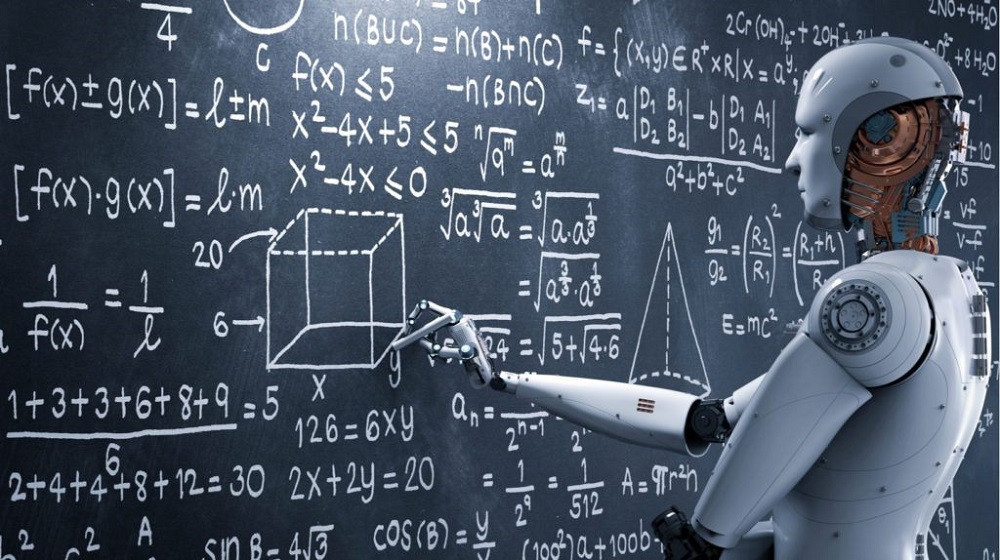The education system is clearly one of the fields that should and definitely will continue to change over the next decades to keep up with technological advancements. Hence, it is no surprise that artificial intelligence has found a way to become part of the learning experience. According to data, the AI education market is currently valued at half a billion USD and the amount is set to rise to six billion by 2024.
Integrating artificial intelligence capabilities into the education system brings greater benefits to teacher and student alike, allowing for a more personalized academic path, better results and better prepared individuals. In this context, let’s have a look at some of the advantages of adopting AI in education.
CUSTOMIZED LEARNING EXPERIENCES
Since in the last couple of years the learning process has moved towards the digital world, data about students’ educational progress has significantly increased and it has become easier to manage. Data can now be collected and analyzed, leading to more personalized learning plans.
Hopefully, this will allow teachers and professors to treat students according to their needs and will provide a substantial support to those who have difficulties in keeping the same pace as their colleagues. Detecting students with learning disabilities and addressing them early in their education is much easier now, and gives better results as well.
ACADEMIC DEVELOPMENT AND CAREER PATH PREDICTIONS
Having so much data at hand allows teachers, with the help of machine learning algorithms, to predict students’ future academic development as well as the best career path for each of them. By analyzing previous performance, AI systems will predict the future performance of a student, allowing the Ministry of Education to know how many students are expected to join secondary school and university in a certain interval.
Furthermore, based on how students respond to certain subjects, some changes can be made to the annual academic curriculum. For this, the course content is analyzed using natural language processing (NLP) and learning gaps are identified and addressed. The system can also help discover the best delivery models for students.
But this is not limited to public schools. For instance, online course provider Coursera is already using artificial intelligence to identify gaps in the courses it provides. Other companies, such as Netex Learning, allow educators to design digital curriculum and content across devices, integrating rich media like video and audio, as well as self- or online-instructor assessment.
AUTOMATIC GRADING SYSTEM
Another key benefit for teachers is the fact that artificial intelligence capabilities allow them to automate grading for nearly all kinds of multiple choice and fill-in-the-blank testing. Moreover, experts are trying to come up with more accurate grading systems that could also asses and grade written answers and regular essays. Other similar administrative duties can also be automated, enabling teachers to spend more time focusing on the students, addressing their learning needs instead of losing several hours grading papers.
Continue reading on Strongbytes’ blog.

